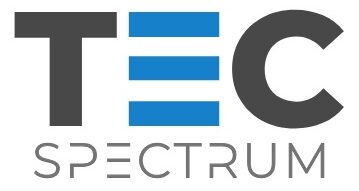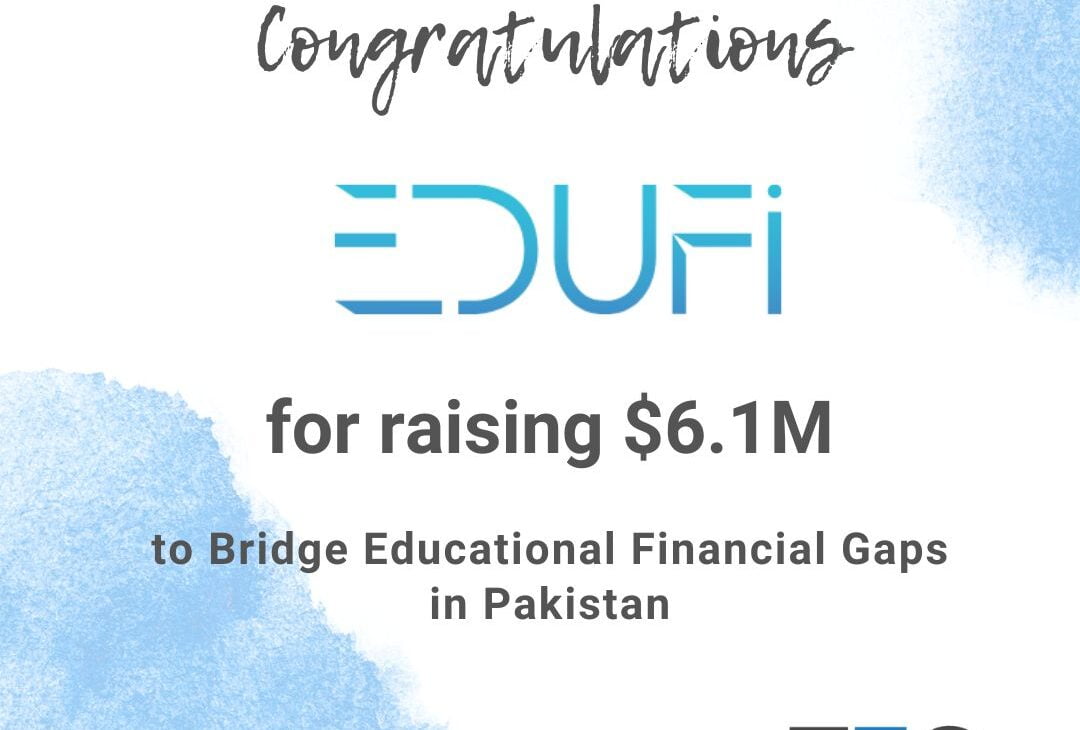In a game-changing move, Singapore-based fintech startup EduFi has successfully raised a whopping $6.1 million in a pre-seed funding round, led by Zayn VC and backed by Palm Drive Capital, Deem Ventures, Q Business, and a league of angel investors.
Mission: Dedicated to simplifying the loan application process, EduFi operates from Singapore and has a crucial goal – providing essential financial support to students pursuing higher education. The startup is on a strategic mission, aiming to expand its customer reach, refine its platform, venture into neighboring countries, and unveil innovative fintech products, including student credit cards.
The Challenge: The overarching objective is clear – EduFi wants to tackle the financial challenges faced by middle and low-income families in Pakistan, where a staggering 50% of income is devoted to their children’s education.
Innovation in Action: EduFi has introduced a groundbreaking artificial intelligence-driven Study Now, Pay Later (SNPL) lending platform and a mobile app in Pakistan, addressing the absence of dedicated student loan products in the country.

Aleena Nadeem’s Vision: Aleena Nadeem, the CEO and founder of EduFi, stresses the unprecedented nature of their product. She aims to rectify the prevailing practice of families resorting to costly commercial loans for educational expenses.
Educational Landscape in Pakistan: In Pakistan, where 40% of students choose private schools due to the poor quality of public schools, EduFi’s mission gains more significance. The annual education expenditure exceeds a staggering $14 billion, and over 50% of the adult population lacks access to essential financial services like bank accounts and insurance.
Inspiration and Target: Aleena Nadeem, an MIT graduate with a background in esteemed institutions like Goldman Sachs and Ventura Capital, drew inspiration from her experiences at Progressive Education Network (PEN), a nonprofit providing free education to underprivileged children in Pakistan. Observing a significant drop in the number of students pursuing higher education after high school, Nadeem identified this gap as EduFi’s target area.
Partnerships and Impact: In just two years of existence, EduFi has already formed partnerships with 15 universities, making its app available to approximately 200,000 students across Pakistan. The application process involves providing financial information, such as bank statements or a source of income, and once approved, EduFi transfers the funds directly to the college’s bank account.
Future Expansion: Nadeem envisions expanding this impactful model across Pakistan’s entire college system through a government agreement, ensuring broader access to higher education.
EduFi’s recent funding not only marks a significant milestone for the startup but also signals a positive shift in addressing financial challenges in education, creating a brighter future for aspiring students in Pakistan. 💡🎓















